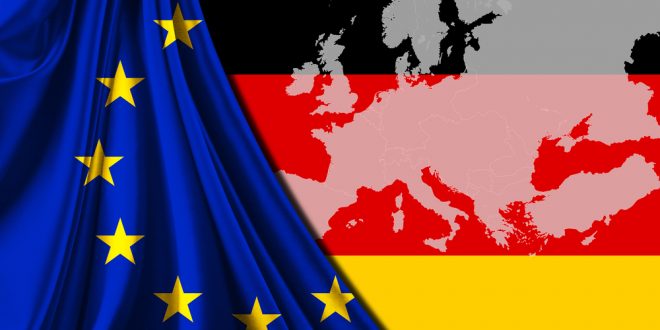The Preliminary German GDP data, which showed that the Eurozone’s largest economy contracted by 0.2% during the fourth quarter could qualify as an indicator that a recession exists in Germany.
This reading was below consensus estimates for a flat reading and the 0.4% growth recorded in the previous quarter and contrary to guidance by the Federal Statistical Office, the Q4 German GDP declined somewhat on Q3 (-0.2%).
This was mainly due to private consumption. Consumers are not immune to the erosion of their purchasing power by record high inflation.
Recession, according to other viewpoints, is the outcome of the tightening that was broadly adopted by the central banks in several countries when they massively raised their interest rates because of inflation.
In addition, German companies have probably already worked off a good part of the high order backlog created during Corona. We still expect German GDP to shrink by 0.5%.

 Noor Trends News, Technical Analysis, Educational Tools and Recommendations
Noor Trends News, Technical Analysis, Educational Tools and Recommendations




